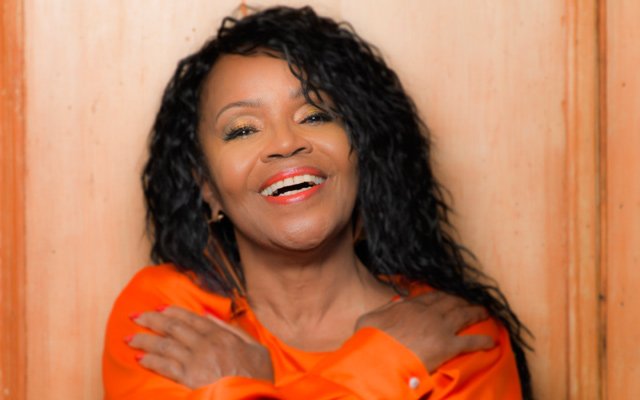
P.P. Arnold: “It was never my plan to be an artist or a songwriter, at all.”
Five decades after becoming a 60s icon, the first lady of soul talks about returning with an adventurous new album
American soul singer P.P. Arnold found fame in the 1960s after joining the Ikettes – Ike and Tina Turner’s trio of backing singers – and settling in London to establish a solo career. She had a Top 20 hit with her debut single, The First Cut Is The Deepest, and went on to enjoy a five-decade career working with the likes of Mick Jagger, Small Faces, Rod Stewart, Barry Gibb, Eric Clapton, Peter Gabriel, Roger Waters and Primal Scream, to name a few.
More than 50 years after her arrival as “the first lady of soul”, 2019 saw her release The New Adventures Of P.P. Arnold, a double-album of new material produced by Ocean Colour Scene’s Steve Cradock and featuring contributions from Paul Weller and The Specials. To mark this special release, the soul legend embarked on a UK tour this month, showcasing new songs off the record as well as playing some old classics.
So we took the opportunity to chat with the legendary singer and discovered that she’d not planned on becoming an artist at all…
How did you meet Steve Cradock and start making music together?
“Steve and I met back in around 1994. I was doing a musical at the Birmingham Repertory Theatre, I was backstage and there was the whole Ocean Colour Scene band there, with a big bouquet of flowers, introducing themselves! They wanted me to go to the studio with them that night, but the show was moving back to London. So we met up a bit later, during the period when the Small Faces were getting a lot of interest, finally. We all got together, with a lot of other indie bands, and we did a tribute album – I did a track with Primal Scream. Ocean Colour Scene were on that album, and after those sessions, they invited me to work with them on their Marching Already album. Afterwards, we did a duet together, It’s A Beautiful Thing, which did quite well – it got into the Top 10 – and that got Steve and I doing pre-production on different tracks, some of which have made it to this album.”
You released a single back then, so were you working on a solo album then?
“No we didn’t do an album, we just went in the studio and did a couple of pre-production demos. There was an intention, but it didn’t really come together. Steve was quite busy with Ocean Colour Scene. We did the demo of Shoot The Dove and Finally Found My Way Back Home, which was a song that I had written and Steve did the music. And then the project was shelved, basically. We did record Different Drum, which was released as a single by Universal but there wasn’t a lot of enthusiasm behind it. We did a TFI Friday show and we got some radio-play but it didn’t really take off.”
So you wanted to give it a second chance on this new record?
“Yeah, it didn’t get the exposure that we felt it should’ve got, and we didn’t have control over the track at the time, so we decided to do it again – to have control, get it released, and put it on this album.”
What was the genesis of The New Adventures Of… record?
“Well, I just received a phone call from Steve – he’d moved house and set up his studio in Devon, and he was just listening to a lot of stuff that he hadn’t listened to in a long time. He’d listened to those demos we did – and realised they were quite good – and asked me if I’d be up for doing the project. Of course, I was! I hate putting a lot of energy into doing projects and then nothing happens with them. Steve and I had a good vibe together, and I was upset that we didn’t finish the tracks, so I was definitely keen to record the tracks and make it happen.”
Tell us about how some of the songs you wrote came together.
“The first song that I’ve done on the album was Though It Hurts Me Badly, which was the first song that I ever wrote! It was the track that Mick Jagger produced and – like Different Drum – it was on the First Lady album, but nobody really thought it was a good song, at the time. When I first came to the UK, people had different pop-related ideas about me, and I didn’t really know who I was or what I was doing. I hadn’t planned on being a solo artist at all. But when I stayed in the UK and signed to the Immediate label, Mick produced me and all the songs on the album that I wrote. Though It Hurts Me Badly is all about my first interracial relationships, which was quite taboo at the time.
What other songs did you write on that record?
“The songs of mine that were on the First Lady album were Though It Hurts Me Badly, Treat Me Like A Lady, Am I Still Dreaming and Dreaming. I was just in my flat in London, where I was living, and Mick had said that I needed to write songs, but I’d never written anything before, so it just came through me. I don’t play an instrument so I just hear a melody and get ideas. I’d be a meditative kind of state, trying to come up with some ideas, doing something that I’d never… It was never my plan to be an artist or a songwriter, at all.”
Did Mick give you any advice, or help you, or did he leave you to it?
“He told me to go for it. I had this melody, we went into the studio and I sang it to him, and he played a bit of guitar. Then he brought Nicky Hopkins and all those great musicians in, and they put the chords to the melodies I was singing. That’s how we recorded it, yeah.”
Did you work with Mick again after that?
“No, that was the only time we worked together. We did some background vocals together [such as Dr. John’s The Sun, Moon & Herbs].”
You burst onto the scene in the 60s with Immediate. What did you do when the label closed down?
“I’ve been through a lot of tragedy and in the 70s I got lost in the industry. I’d not planned to be an artist, suddenly I was an artist and I was part of this whole family of Immediate Records – that was like my musical home. Then they went into liquidation and everyone went there own separate ways, but I didn’t really know what the whole scene was about because I was just this little black girl who’d found herself in England. Coming out of the civil rights revolution into the rock ‘n’ roll revolution, I knew nothing about business or anything like that.
“Anyway, I found different things – it’s like my whole career was being led by destiny. The unexpected was ruling everything after Immediate, then I worked with Barry Gibb and Eric Clapton, and then I came into the 70s. That’s where I got lost; I didn’t have a label, I didn’t have support systems behind me, I lost my daughter in a car accident… I was just lost. Then I came back to the UK and kept trying different things to recreate that success I’d had in the 60s and it was very difficult – times had changed, I had changed. Then in the mid-80s, I had an accident that took me out of the game, once again, but I managed to survive by collaborating with a lot of different people, doing lots of sessions and projects.”
Interview: Aaron Slater
Her new album The New Adventures Of P.P. Arnold is out now, and P.P. is touring the UK through October. Find out more at pparnold.com

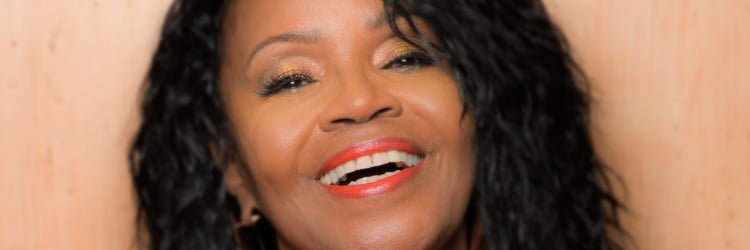
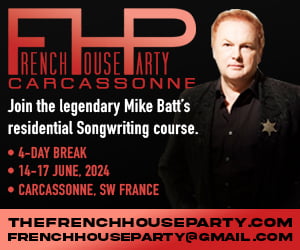
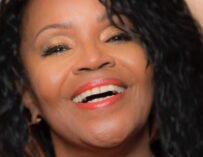
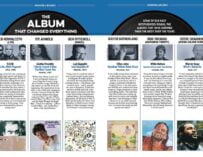
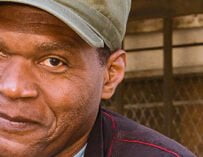


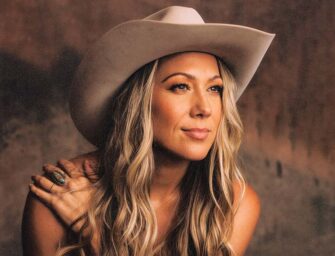
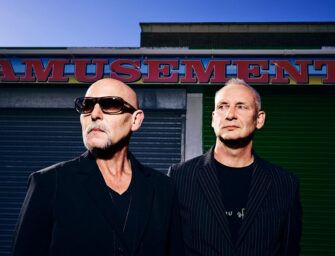
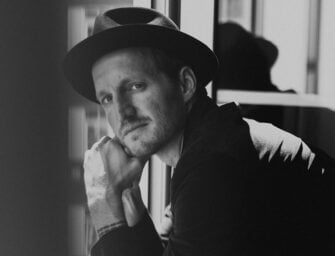

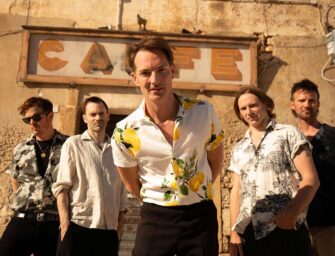





















Related Articles